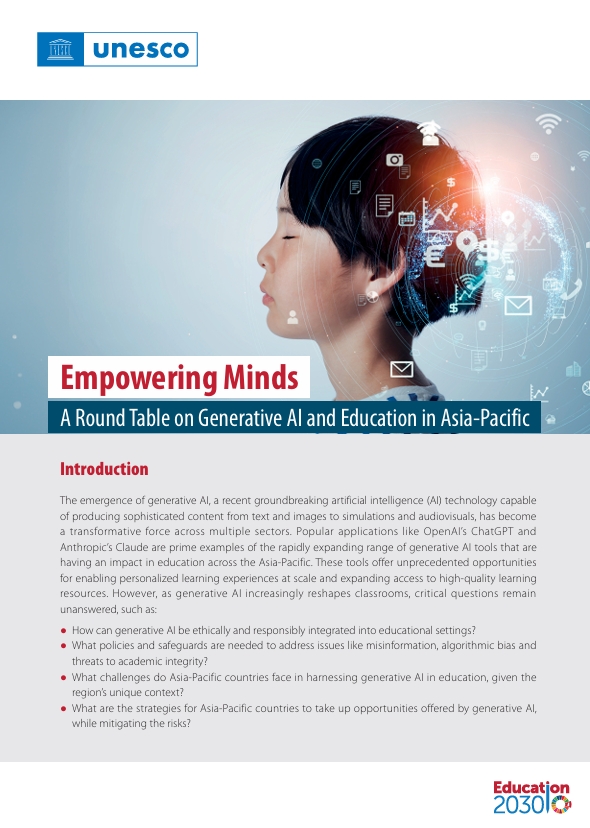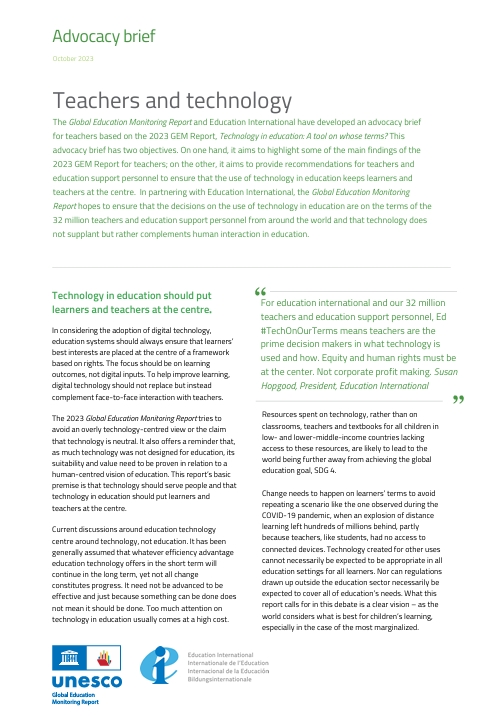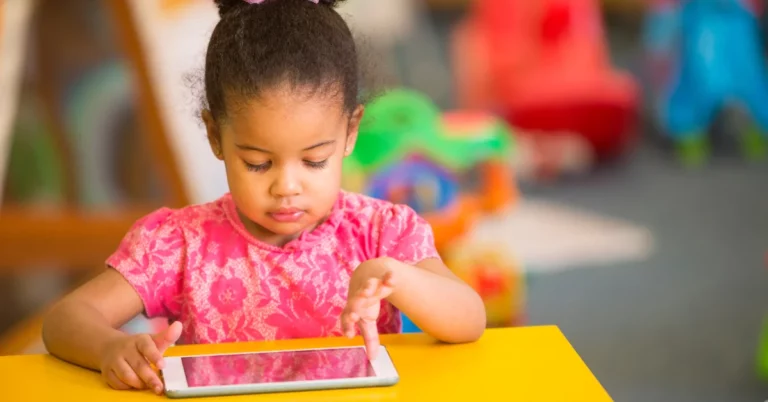By-Beas Dev Ralhan | 29 January, 2018
In India, the K12 sector underwent a major overhaul in the past decade. Entry of technology, coupled with a shift in approach to teaching and learning, has been a game-changer for the education sector.
In India, the K12 sector underwent a major overhaul in the past decade. Entry of technology, coupled with a shift in approach to teaching and learning, has been a game-changer for the education sector. The edtech sector reached new highs in 2017. It witnessed the launch of several educational apps and products in the market. In terms of research and innovation, technologies such as Augmented Reality (AR) and simulation were adopted in learning modules to make them more interactive and fun. Students’ interests were definitely at the centre of all such innovations. The year 2018 also seems to be a promising year for the education sector. All eyes are set on the much-anticipated New Education Policy (NEP) draft slated to release in March 2018.
Regulated market
Most of the new educational products have been introduced by private players in the market, and we have seen a rise in the cost of education. So much so that there have been efforts by the government to bring in a fee regulation policy for private schools. We can expect that such policies will lead to the emergence of a more regulated market where only quality players can thrive. Although the rising cost is worrying, we ought to be careful not to compromise on the quality of education. Scholarships for lesser-privileged students from various quarters, both private and government, should be encouraged more.
Quality publishers and content
The National Council of Educational Research and Training (NCERT) has directed schools to use only NCERT textbooks to prevent the rampant commercialisation of education. This initiative should be a boost to those publishers who are dedicated to produce only superior quality content.
Emergence of flipped classrooms
We will witness the adoption of flipped classrooms by schools in the coming years. Unlike a traditional classroom where the teacher is the sole disseminator of knowledge, in a flipped classroom, teaching-learning becomes an interactive and collaborative process between learners and teachers. The teacher shares the study material well in advance with students, and students go through it, forming an understanding of the topic, before attending the lecture. The classroom facilitates discussion on and elaboration of the topic. Here, the teacher does not exactly impart knowledge; she facilitates learning. The Learning Management System (LMS) would find more adopters in schools in the coming years.
New technology: Mixed Reality
Besides the adoption of increased number of LMS in the K12 sector, we would also witness the integration of Mixed Reality (MR) technologies in content modules. In fact, 2D or 3D audio-visual content played in the classroom is definitely a move away from traditional teaching-learning practices, where a 30-minute-long monologue by a teacher is punctuated only occasionally by questions from students. However, when an audio-visual content is played in the classroom, all the students are expected to follow it at the same pace. So, if a student has difficulty understanding a certain part of the video, the only way in which they can gain clarity is by going back to it after the class is over. This creates a disruption in the learning process.
This is where new technologies such as MR become helpful. MR videos need not be of any particular duration and are usually designed for specific subjects. For instance, students might look at MR videos on a body organ such as the heart in their biology class. They can zoom in to go deeper and see the valves in the heart walls. Thus, these videos are not about jumping from one section to another, but experiencing details while learning about a particular concept or topic. Therefore, while Virtual Reality (VR) is a thing of the recent past and AR is creating a lot of buzz right now, MR will revolutionise the learning scenario in the future.
Expectations from 2018 Budget
This year truly looks promising for the education sector, including K12, and a little push from the government can do wonders. What does the education sector expect from the Union Budget?
In the last couple of years, we have seen a lot of initiatives from the government on the skill development front. However, most of these efforts have been directed towards graduate and postgraduate students. There has been very little or absolutely no focus on developing the skills of young learners. Early-age skill-development programmes can help develop computing, communication and numerical skills in students. Such programmes should also be given due attention in the upcoming Budget.
The Budget ought to earmark an amount for teacher-training programmes. Moreover, only when teachers are handsomely remunerated for their work, will they be motivated to execute their duties efficiently.
Improvement and implementation of technological infrastructure is another prerequisite of the education sector. Research in pedagogical innovations will also improve the quality of education.
It might be surprising to know that though there is an emergence of new technologies in the education space, there are several schools in the interior parts of India which are yet to make even a partial shift towards technology-mediated ways of teaching-learning. Education in India would revolutionise only if technology is, slowly but steadily, able to make inroads into all the schools in India. This might be an ambitious vision, but a substantial push from the government and a more direct alignment to its own Digital Indiaproject can generate amazing results.






